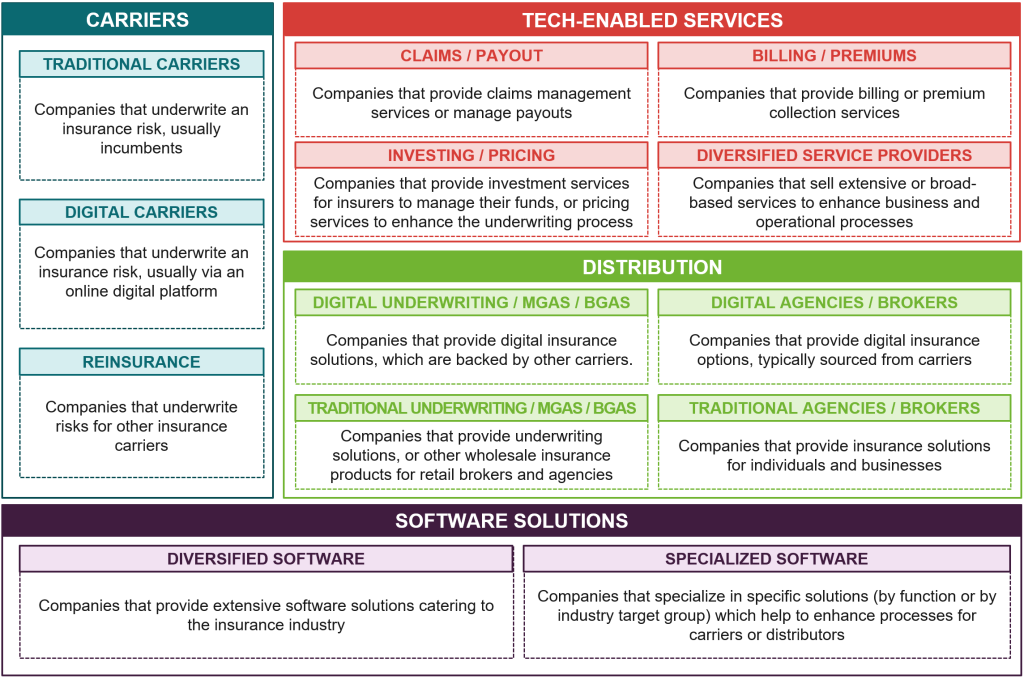The EU's Tightening Policies And The Rise In European Emigration

Table of Contents
Economic Factors Driving European Emigration
The economic landscape of the EU is a significant driver of emigration. Stagnant wages, a rising cost of living, and limited job opportunities are forcing many Europeans to seek better prospects abroad.
Stagnant Wages and Rising Cost of Living
- Inflationary pressures: Across many EU nations, inflation has outpaced wage growth, significantly eroding purchasing power. This is particularly challenging for younger generations struggling to afford housing and essential goods.
- Soaring housing costs: The cost of housing, especially in major cities, has become prohibitively expensive in many EU countries. This makes it difficult for young professionals to establish themselves and build a life, leading them to consider emigration.
- Low wage growth: Wage stagnation in several sectors, coupled with the rising cost of living, creates a climate of economic hardship, pushing people to seek higher salaries elsewhere. This contributes to a widening gap in EU economic inequality.
These economic pressures make it increasingly difficult for young people, in particular, to build a secure future within their home countries. The lack of affordable housing, coupled with stagnant wages, forces them to consider emigration as the only viable option for a better quality of life. This exodus of skilled workers represents a significant loss for the EU economy.
Limited Job Opportunities and Skill Mismatch
- Skills gap in the EU labor market: Many EU countries are experiencing a skills gap, with a shortage of workers in specific sectors such as technology, healthcare, and engineering. This mismatch between available jobs and the skills of the workforce contributes to unemployment and underemployment.
- Lack of job opportunities for graduates: Many young graduates struggle to find jobs in their field, often leading to frustration and disillusionment. This lack of career prospects drives many to seek opportunities abroad, where their skills are more in demand.
- Regional disparities in employment: Employment opportunities are not evenly distributed across the EU. Certain regions experience higher unemployment rates than others, leading to internal migration and, in some cases, emigration.
The existing skills gap, coupled with a lack of suitable job opportunities, creates a significant push factor for European emigration. Individuals find themselves facing limited prospects within the EU and are compelled to seek employment elsewhere, often outside the Union.
The Impact of Stricter Immigration and Border Policies
While the EU promotes free movement of people within its borders, stricter immigration and border policies are inadvertently contributing to European emigration.
Increased Scrutiny of EU Citizenship and Residency
- Complex bureaucracy: The processes for obtaining and maintaining EU citizenship and residency permits have become increasingly complex and bureaucratic, creating unnecessary hurdles for those seeking to relocate within the Union.
- Increased scrutiny of applications: A stricter approach to verifying eligibility for residency and citizenship applications leads to delays and rejections, discouraging internal EU mobility.
- Greater restrictions on social benefits: Changes in regulations regarding access to social benefits for EU citizens moving between countries have created uncertainty and reduced the attractiveness of internal migration.
The increased scrutiny surrounding EU citizenship and residency makes internal migration more difficult, potentially discouraging citizens from moving to other EU countries for work or other reasons. This contributes to a feeling of insecurity and limits the advantages of EU citizenship.
Concerns about Brexit's Ripple Effect on EU Mobility
- Uncertainty regarding future regulations: Brexit has highlighted the potential fragility of free movement within the EU, leading to uncertainty about future regulations and impacting the perception of EU citizenship.
- Potential for stricter border controls: The experience of Brexit has prompted discussions about the possibility of stricter border controls within the EU, creating a climate of insecurity and potentially discouraging internal migration.
- Reduced trust in EU institutions: The complexities surrounding Brexit have contributed to a broader sense of uncertainty and reduced trust in EU institutions, potentially affecting the willingness of citizens to move freely within the Union.
Brexit acts as a cautionary tale, demonstrating the potential consequences of restrictions on free movement. This uncertainty fuels concerns about the future of EU integration and contributes to a climate that might encourage emigration.
Social and Political Factors Contributing to Emigration
Beyond economic factors, social and political changes are also contributing to the rise in European emigration.
Rise of Populism and Nationalist Sentiment
- Increased xenophobia and intolerance: The rise of populist and nationalist movements across the EU has led to an increase in xenophobia and intolerance towards minority groups and immigrants.
- Erosion of social cohesion: These trends erode social cohesion and create an unwelcoming environment for some EU citizens, potentially pushing them to seek more tolerant and inclusive societies elsewhere.
- Political polarization: Increased political polarization and divisive rhetoric create a climate of uncertainty and instability, encouraging some citizens to seek stability abroad.
The rise of populist and nationalist ideologies contributes to a less welcoming environment for many within the EU, making emigration seem like a more attractive alternative.
Concerns about Climate Change and Environmental Degradation
- Environmental stress in vulnerable regions: Regions experiencing increased environmental stress, such as prolonged droughts or floods, are seeing increased rates of emigration.
- Lack of governmental action on climate change: A perceived lack of sufficient governmental action on climate change can further fuel environmental migration, as individuals seek areas with better environmental conditions.
- Climate refugees: Individuals forced to leave their homes due to the direct impacts of climate change are becoming an increasingly significant group among those emigrating from Europe.
Climate change and environmental degradation are emerging as significant factors pushing people to leave their homes in search of more sustainable living conditions. This issue will only become more relevant in the coming years.
Conclusion
The rise in European emigration is a multifaceted issue stemming from a combination of economic hardship, stricter EU policies, and growing social and political anxieties. Addressing these underlying problems requires a holistic approach that prioritizes economic growth, improved social safety nets, and a reinforcement of the principles of free movement and inclusivity within the EU. Ignoring this trend risks further exacerbating economic inequalities and weakening the social fabric of the Union. Understanding the factors contributing to European emigration is crucial for developing effective solutions to retain talented individuals and ensure the long-term prosperity and stability of the European Union. We must act now to prevent a further increase in European emigration and create a brighter future for all EU citizens.

Featured Posts
-
 Eurovision Song Contest 2025 A Guide To The Upcoming Event
May 19, 2025
Eurovision Song Contest 2025 A Guide To The Upcoming Event
May 19, 2025 -
 Steve Cohen Addresses Pete Alonsos Future Amidst Juan Sotos Struggles
May 19, 2025
Steve Cohen Addresses Pete Alonsos Future Amidst Juan Sotos Struggles
May 19, 2025 -
 Chinas Automotive Landscape A Deep Dive Into The Experiences Of Bmw And Porsche
May 19, 2025
Chinas Automotive Landscape A Deep Dive Into The Experiences Of Bmw And Porsche
May 19, 2025 -
 Wembley Woes Haaland Fails To Score In Fa Cup Final
May 19, 2025
Wembley Woes Haaland Fails To Score In Fa Cup Final
May 19, 2025 -
 Mets Power Drought Analyzing The Recent Hitting Slump
May 19, 2025
Mets Power Drought Analyzing The Recent Hitting Slump
May 19, 2025
